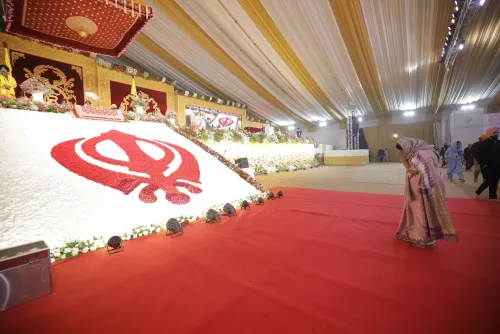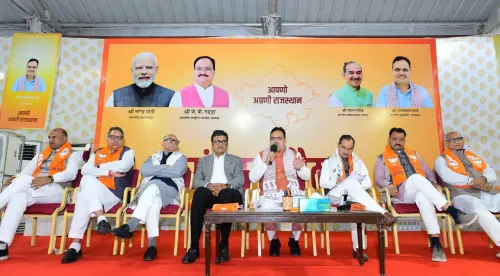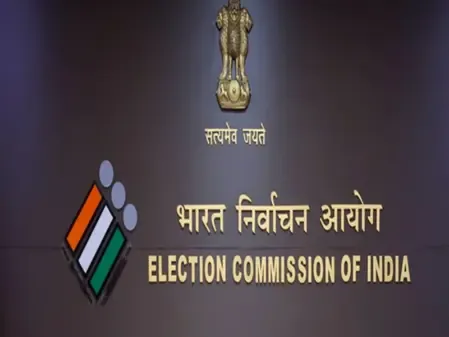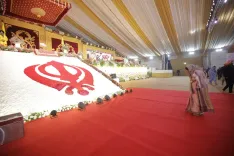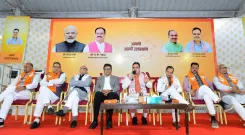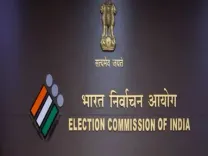Is India Warning NATO Chief Against 'Double Standards' on Sanctions?
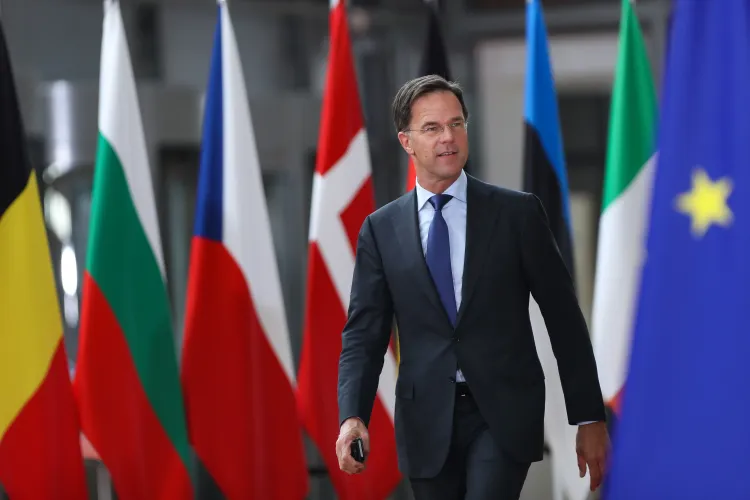
Synopsis
Key Takeaways
- India emphasizes no double standards in trade sanctions against Russia.
- Energy security is a priority for India amidst global pressures.
- India's oil imports from Russia now account for nearly 40% of its crude supply.
- The country sources oil from 40 nations to ensure stability.
- Global oil prices could surge without Russian supply.
New Delhi, July 17 (NationPress) In a robust response to NATO Secretary General Mark Rutte's recent remarks regarding nations conducting business with Russia, India emphasized on Thursday that there must be no 'double standards' regarding this issue.
"We have been monitoring reports related to this matter closely. Let me reaffirm that addressing the energy needs of our populace is an undeniable priority for us. In this pursuit, we are influenced by market availability and the current global situation. We must particularly warn against any double standards regarding this issue," stated Randhir Jaiswal, spokesperson for the Ministry of External Affairs (MEA), during a weekly press conference in New Delhi.
Earlier this week, during his visit to Washington, Rutte remarked that China, India, and Brazil could face significant economic sanctions if they continue trading with Russia.
"If you are the President of China, or the Prime Minister of India, or the President of Brazil, and you are still engaging with Russia and acquiring their oil and gas, then you should know: if the leader in Moscow does not take the peace talks seriously, I will implement 100 percent secondary sanctions," Rutte warned.
In the meantime, Union Minister of Petroleum and Natural Gas Hardeep Singh Puri commented on Thursday that India has broadened its oil procurement sources globally, alleviating concerns regarding potential US actions against Russia's oil exports.
During the Urja Varta 2025 event, Puri noted that India currently sources oil from 40 countries, an increase from 27 in 2007, indicating that the global market is adequately supplied.
"There is an abundance of oil available in the market. While Iran and Venezuela are facing sanctions, the question remains: will they remain under sanctions indefinitely? Numerous countries, including Brazil, Canada, and others, are increasing their output. I am not overly concerned about supply issues at this moment. We have diversified our sources," Puri stated.
His comments followed US President Donald Trump's announcement of secondary sanctions on nations purchasing Russian oil.
On July 15, Trump threatened to implement significant trade restrictions on Russia unless a peace agreement with Ukraine is achieved within 50 days. He mentioned that US tariffs on Russian exports would be raised to 100 percent, while also warning of secondary sanctions against nations like India and China that continue to buy oil from Russia.
In response to Trump's threats, Puri remarked, "I have noted these threats. Some statements are made to encourage resolution between disputing parties."
Furthermore, Puri highlighted that India's oil imports from Moscow have been crucial in stabilizing global prices.
He stated that crude oil prices could have surged to $130 per barrel had it not been for India-Russia oil trade at the onset of the Ukraine conflict in 2022.
Before the Russia-Ukraine conflict, India sourced a mere 0.2 percent of its crude imports from Moscow; this figure now stands at nearly 40 percent.
The minister clarified that Russian crude is consistently priced under a cap of $60 per barrel and is not subjected to sanctions. India maintains a firm position on not acquiring crude oil from any nation under sanctions, Puri affirmed.
"Russia is one of the top crude producers globally, with an output exceeding nine million barrels per day. Consider the chaos if this oil, constituting about 10 percent of the global oil supply of approximately 97 million, disappeared from the market. It would have compelled the world to cut down consumption, drastically increasing prices to over $120-130," Puri remarked earlier this month.


